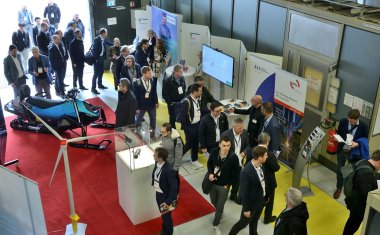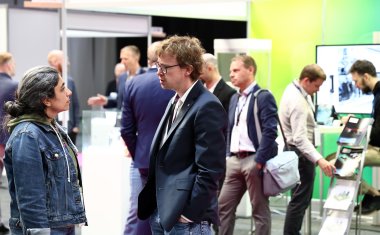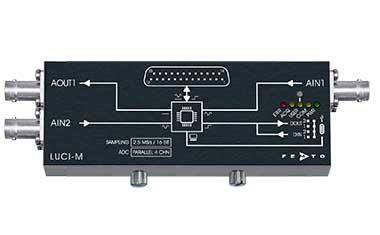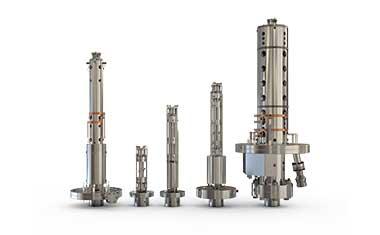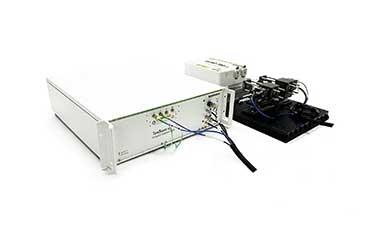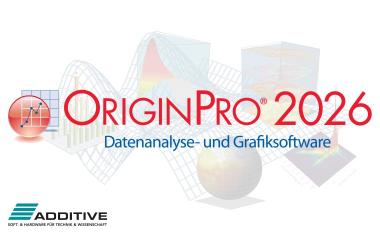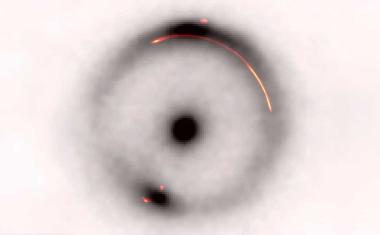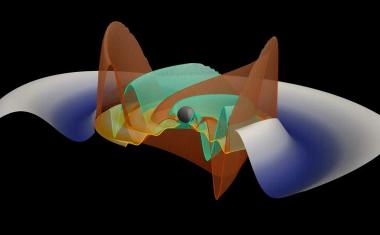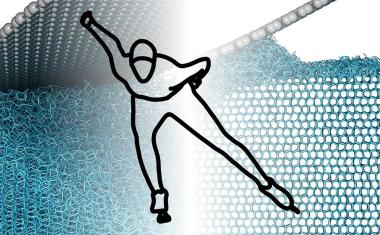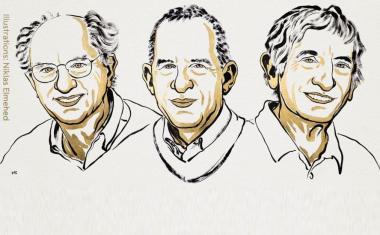Systematicity
Paul Hoyningen-Huene: Systematicity, Oxford University Press, Oxford 2013, 304 S., geb., 50,20 Euro, ISBN 9780199985050
Paul Hoyningen-Huene
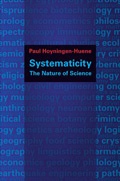
In Systematicity, Paul Hoyningen-Huene answers the question "What is science?" by proposing that scientific knowledge is primarily distinguished from other forms of knowledge, especially everyday knowledge, by being more systematic. "Science" is here understood in the broadest possible sense, encompassing not only the natural sciences but also mathematics, the social sciences, and the humanities. The author develops his thesis in nine dimensions in which it is claimed that science is more systematic than other forms of knowledge: regarding descriptions, explanations, predictions, the defense of knowledge claims, critical discourse, epistemic connectedness, an ideal of completeness, knowledge generation, and the representation of knowledge. He compares his view with positions on the question held by philosophers from Aristotle to Nicholas Rescher. The book concludes with an exploration of some consequences of Hoyningen-Huene's view concerning the genesis and dynamics of science, the relationship of science and common sense, normative implications of the thesis, and the demarcation criterion between science and pseudo-science.
Paul Hoyningen-Huene is a philosopher of science with a PhD in theoretical physics teaching at the Institute of Philosophy at the Leibniz University of Hannover, Germany. He is best known for his book Reconstructing Scientific Revolutions: Thomas S. Kuhn's Philosophy of Science (1993).


